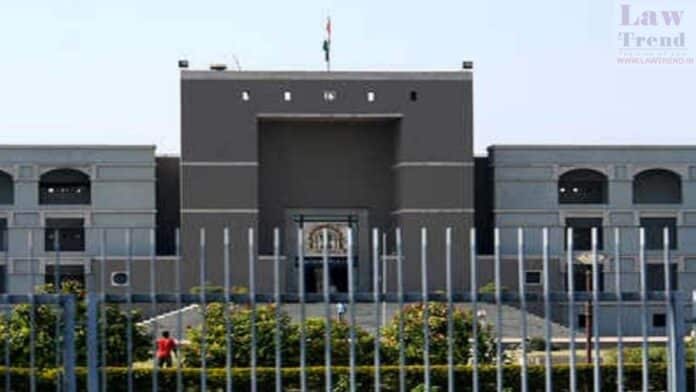The Gujarat High Court has dismissed a public interest litigation (PIL) challenging the state government’s decision to incorporate principles from the Bhagavad Gita into the school curriculum, labeling the petition as “propaganda.” The bench, led by Chief Justice Sunita Agarwal and Justice Pranav Trivedi, criticized the PIL for misconstruing the non-religious nature of the teachings




